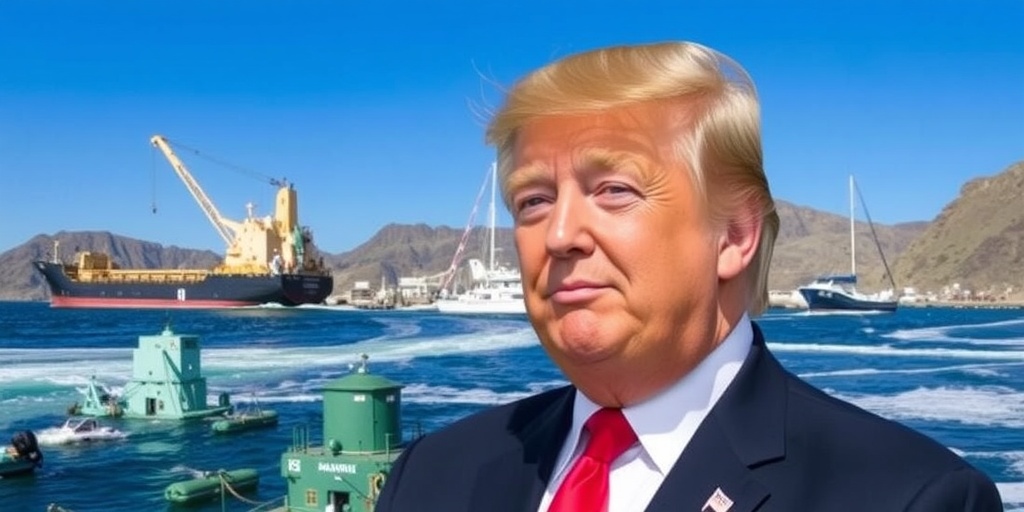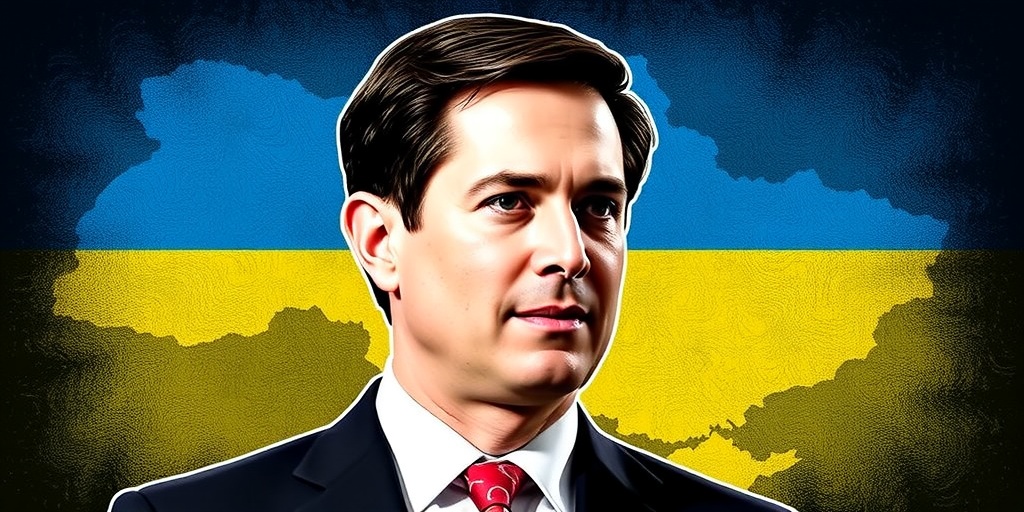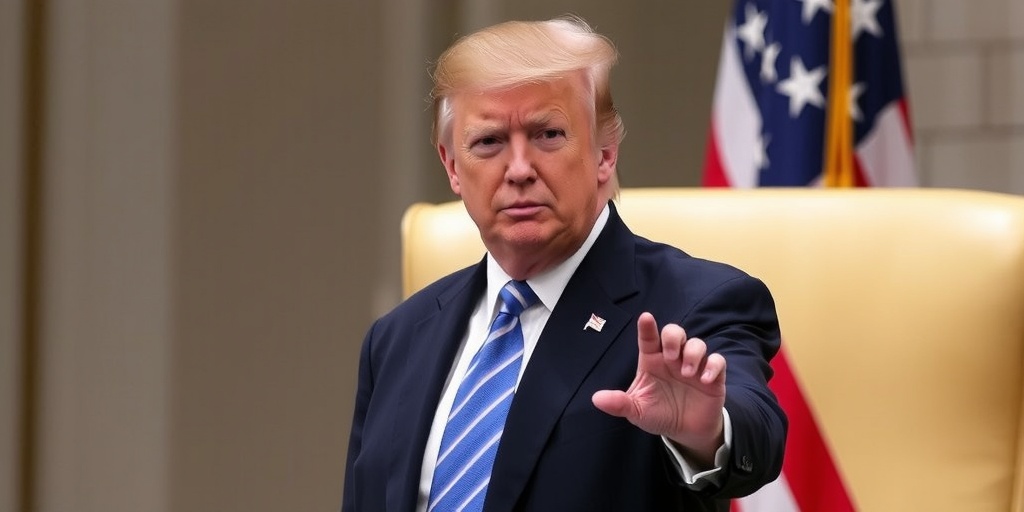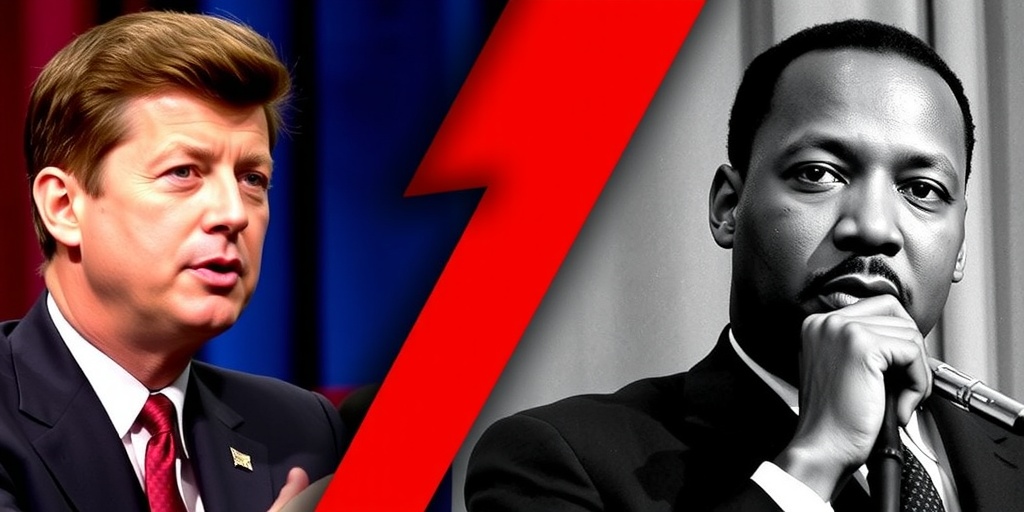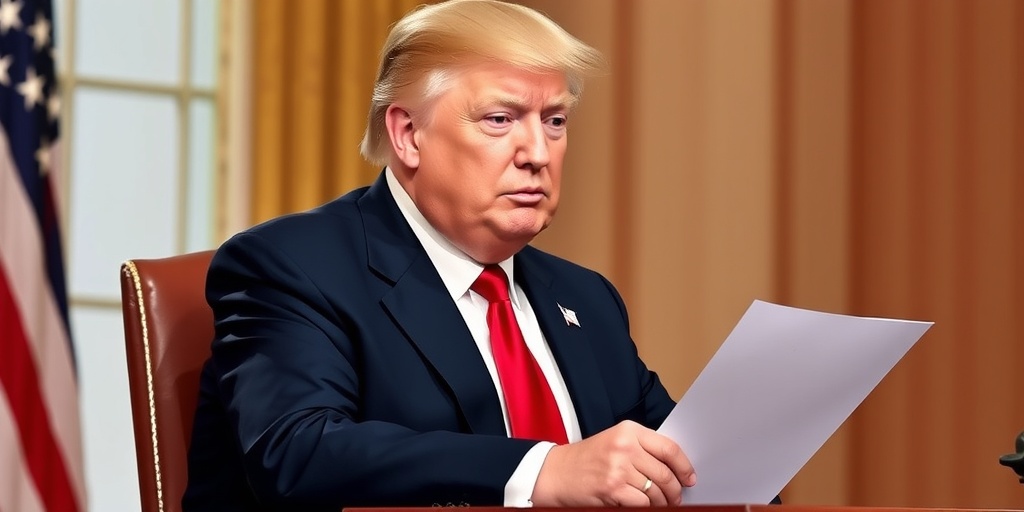Now Reading: Jan. 6 Rioters Anticipated at Inauguration
-
01
Jan. 6 Rioters Anticipated at Inauguration
Jan. 6 Rioters Anticipated at Inauguration
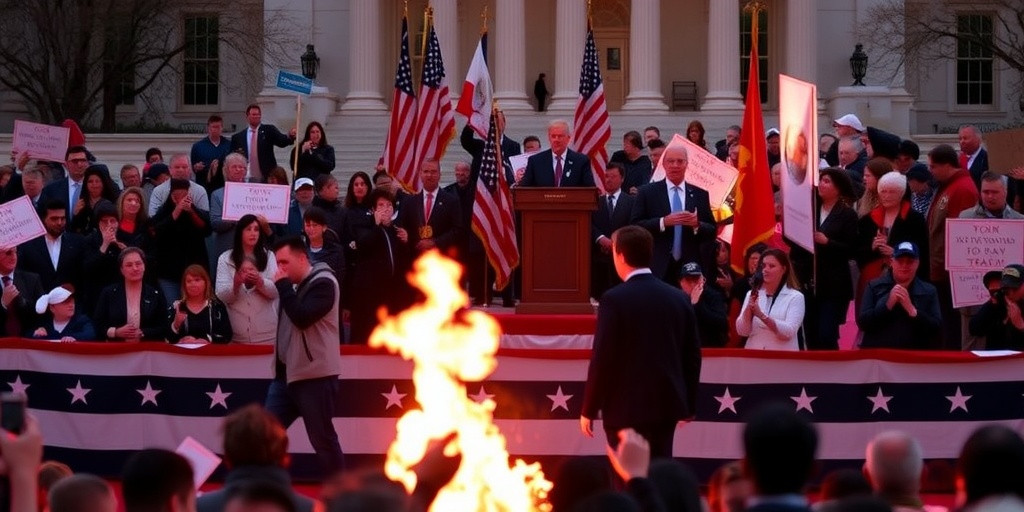
As thousands of supporters gather in Washington, D.C. for the inauguration of President-elect Donald J. Trump on Monday, among them will be a small group of individuals with criminal backgrounds linked to the violent events of January 6, 2021. These individuals were part of the mob that stormed the Capitol in an attempt to overturn the results of the 2020 presidential election.
Recently, at least eight defendants connected to the Capitol riot have received court permission to attend the inauguration festivities. Many of these individuals are facing relatively minor charges, such as disorderly conduct and trespassing. Their presence at such a high-profile event raises questions about the implications of their actions during the insurrection.
In the lead-up to the inauguration, former President Trump has been vocal in his attempts to reshape the narrative surrounding January 6. He has minimized the severity of the day’s events, referring to it misleadingly as “a day of love.” Trump has further emphasized his intention to issue pardons for those charged in connection with the Capitol riot, potentially extending this clemency to individuals charged with violent offenses.
Among those granted permission to attend the inauguration are Kevin and Carol Moore, a married couple from Massapequa, New York. The Moores were charged in May for illegally entering the Capitol building during the January 6 events, spending approximately eight minutes inside. According to charging documents, Kevin Moore, who is employed by the Metropolitan Transportation Authority, engaged in confrontational behavior towards law enforcement while in the building lobby.
In response to the Moores’ request to attend the inauguration, federal prosecutors sought to block their participation. They argued that allowing individuals who were part of the January 6 riot to return to the Capitol area for another pro-Trump gathering would essentially allow them to revisit the scene of their alleged crimes. They emphasized the serious nature of the previous event, emphasizing that it had escalated into a violent riot.
However, Judge John D. Bates, who is presiding over the Moores’ case, ultimately ruled in favor of allowing them to attend the inauguration. Judge Bates recognized that the Moores were not charged with violent offenses and indicated that there was no evidence suggesting they had a proclivity for violence. He concluded that their attendance at the inauguration, an event characterized by widespread support for a peaceful transition of power, would differ significantly from the chaos of January 6.
In his ruling, Judge Bates stated, “Past is not prologue here. The nature of the inauguration is wholly different from the last event the Moores attended that involved the transition of power.” He highlighted that the inauguration would involve a predominantly peaceful crowd, suggesting that the likelihood of the Moores engaging in any violent behavior was minimal.
Interestingly, one of the individuals planning to attend the inauguration is Leo Giobbie, a New Jersey man facing both misdemeanor and felony charges connected to the Capitol riot. Giobbie is charged with obstructing an official proceeding and interfering with law enforcement during a civil disorder. Prosecutors allege that Giobbie played an aggressive role during the riot, using a bullhorn to incite fellow rioters and physically pushing against police officers.
Despite these serious allegations, Judge Carl J. Nichols allowed Giobbie to attend the inauguration. The court’s decision in Giobbie’s case underscores a consistent legal perspective where attendance at the inauguration, a celebratory event focused on the peaceful transfer of power, is regarded differently than the violent acts associated with January 6.
The decision to permit individuals with criminal backgrounds related to the Capitol insurrection to attend such an important event reflects a complex tension within the justice system. It underscores the judiciary’s role in balancing individual rights with the broader societal implications of those rights. While some may see this allowance as a troubling signal, others contend that each case should be considered on its own merits, particularly when distinguishing between levels of offenses and individual behaviors.
As Monday’s inauguration approaches, the presence of these criminal defendants adds an unexpected layer to the narrative surrounding the event. It further complicates the ongoing discussions about accountability, justice, and the nature of political expression in America, especially in the wake of one of the most controversial and violent days in recent U.S. history.
Stay Informed With the Latest & Most Important News
Previous Post
Next Post
-
 01New technology breakthrough has everyone talking right now
01New technology breakthrough has everyone talking right now -
 02Unbelievable life hack everyone needs to try today
02Unbelievable life hack everyone needs to try today -
 03Fascinating discovery found buried deep beneath the ocean
03Fascinating discovery found buried deep beneath the ocean -
 04Man invents genius device that solves everyday problems
04Man invents genius device that solves everyday problems -
 05Shocking discovery that changes what we know forever
05Shocking discovery that changes what we know forever -
 06Internet goes wild over celebrity’s unexpected fashion choice
06Internet goes wild over celebrity’s unexpected fashion choice -
 07Rare animal sighting stuns scientists and wildlife lovers
07Rare animal sighting stuns scientists and wildlife lovers













